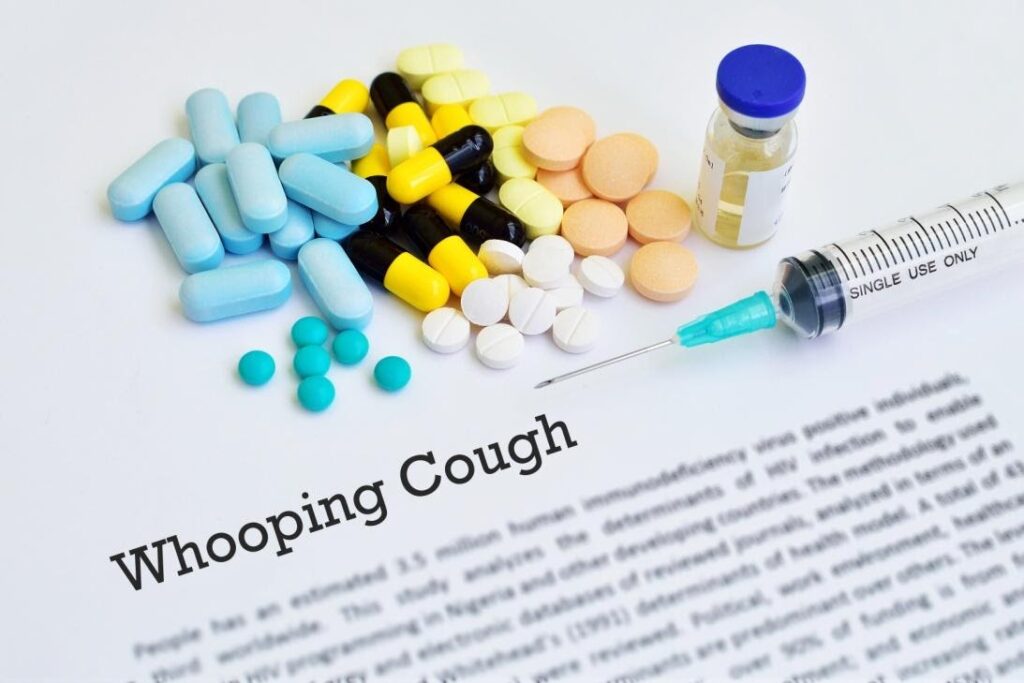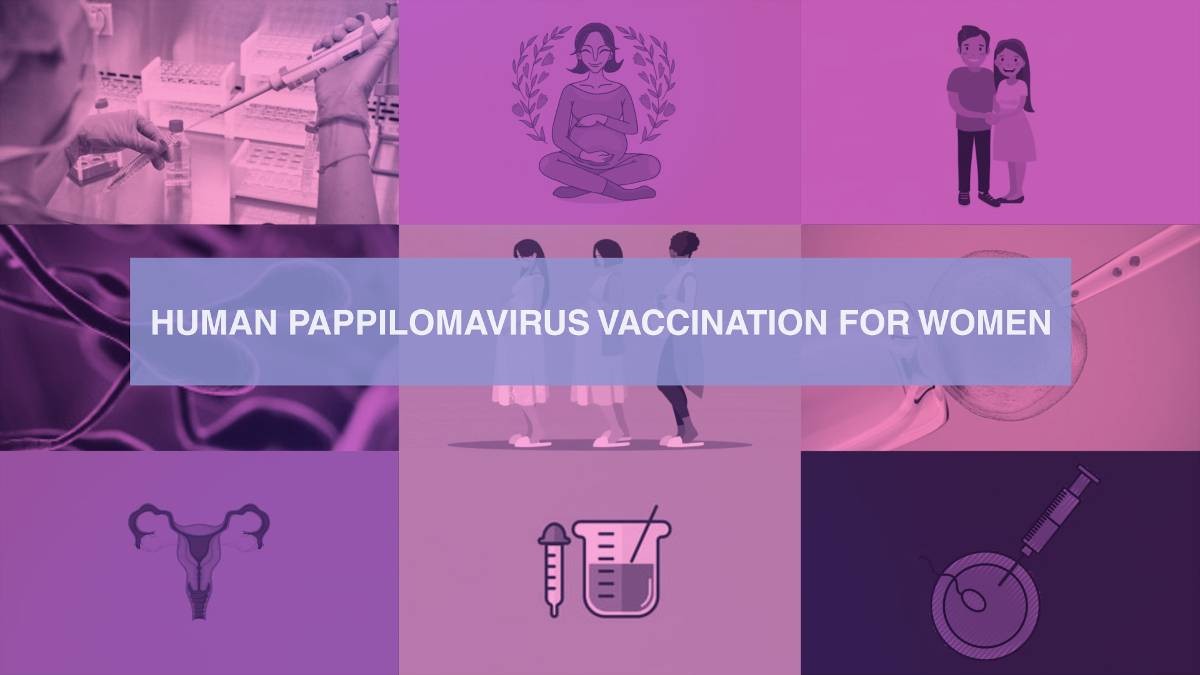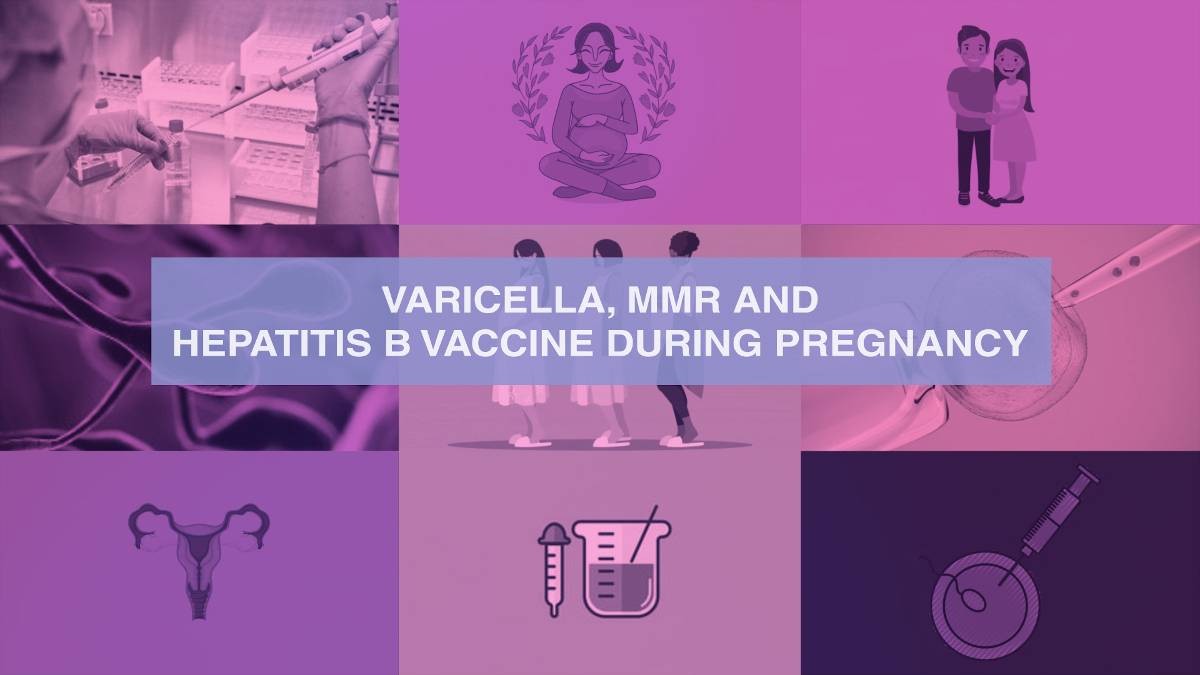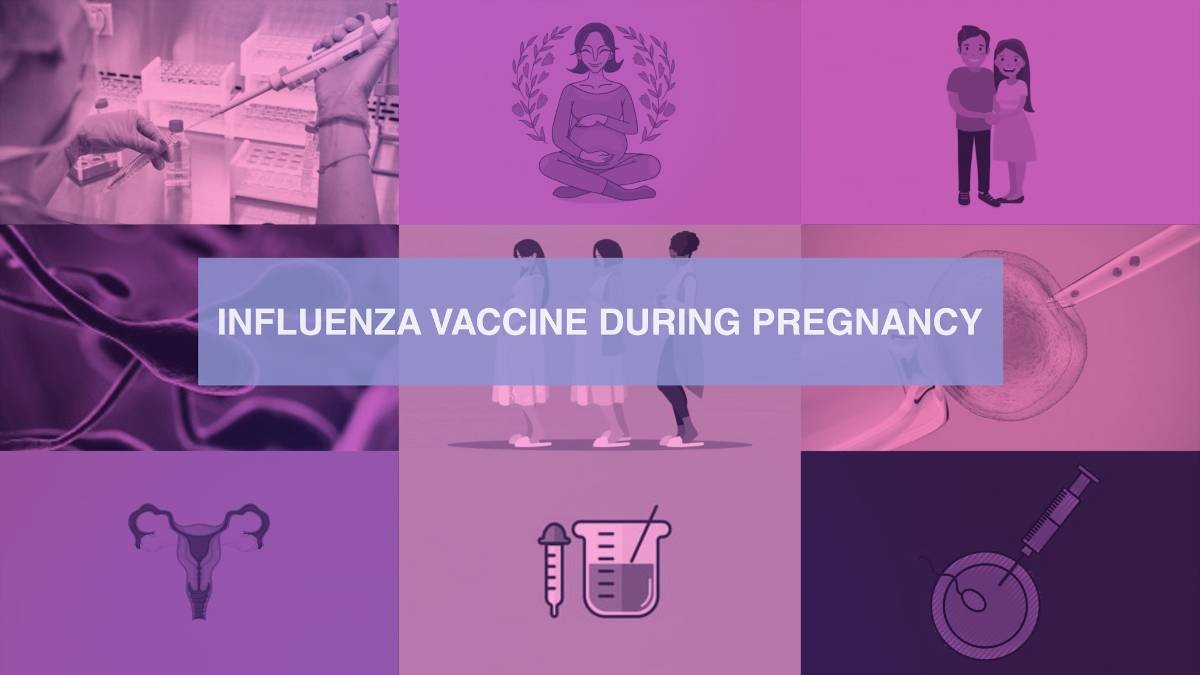Tetanus, diphtheria, and pertussis are the problems that this vaccine safeguards against.
While general health and the need for adequate nutrition have never been ignored during pregnancy, immunization through vaccination has until now only focused on the standard 2 doses of tetanus toxoid. Other vaccine-preventable diseases have not been given the much-needed attention in India. A very cost-effective option to steer clear of infections that often prove serious and sometimes fatal, doctors should offer the advice of immunization to all pregnant patients.

What does the Tdap vaccine help against?
Tetanus, diphtheria, and pertussis are the problems that this vaccine safeguards against. Pertussis or whooping cough is a contagious respiratory infection that affects the mucous membranes and the respiratory tract. The infection causes damage to the mucosa and causes spasms of coughing that usually end with a characteristic whoop.
Pertussis is one of the leading causes of infant deaths worldwide. Infant vaccination against tetanus, diphtheria, and pertussis begins only at 6 weeks of life. The effect of vaccination on a child decreases after a period of 4-12 years. Infants who are not vaccinated or incompletely vaccinated are more at risk of developing pertussis. Parents are known to be the most obvious source of infection to the infant. The risk of transfer is eliminated when the parents, especially the mother, are vaccinated as a preventive measure.
What is the Tdap vaccine?
The Tdap vaccine is an inactive combination vaccine that contains tetanus, diphtheria, and acellular pertussis in a single shot. It offers protection against all three of these infections.
When should pregnant women get vaccinated for Tdap?
The recommended dose is one injection of Tdap during each pregnancy irrespective of thepatient’s prior history of receiving Tdap. Although Tdap may be given at any time duringpregnancy, the ideal time for administration is between 27 and 36 weeks of gestation, whichmaximizes the maternal antibody response and transfer of antibodies to the neonate. Hence,ideally, the first dose of TT should be replaced with Td in the second trimester, and the second, with Tdap. The vaccine, if administered at least 20 weeks after conception, is known to reduce the chances of an infant infection considerably. If it is not administered during pregnancy, then it should be administered soon after the baby is delivered.
It is advised that pregnant women get vaccinated for Tdap during the latter part of their pregnancy or immediately postpartum. It helps if the pregnant women get vaccinated at least two weeks prior to expected physical contact with the infant to eliminate the risk of the infant developing pertussis.
Tdap vaccines have shown a high success rate in tackling neonatal pertussis and hospitalizations or fatalities arising out of the same.
Special thanks to Dr. Anahita Chauhan (MD, DGO, DFP, FICOG) for the expert advice.







